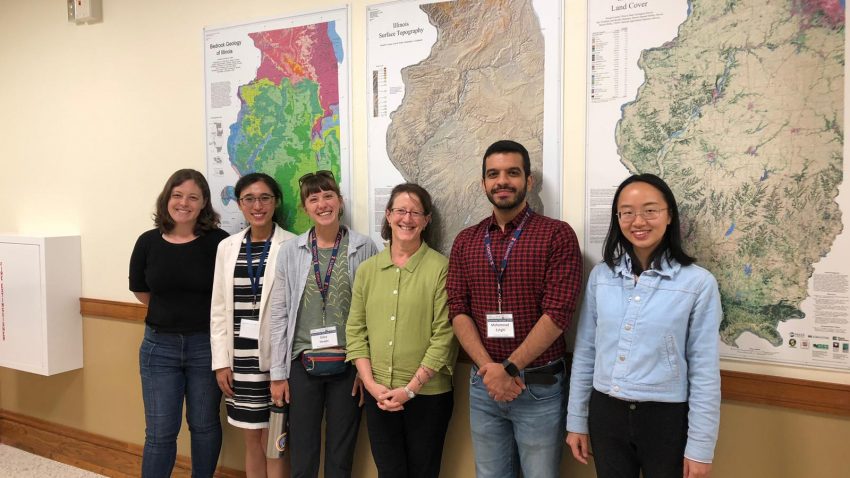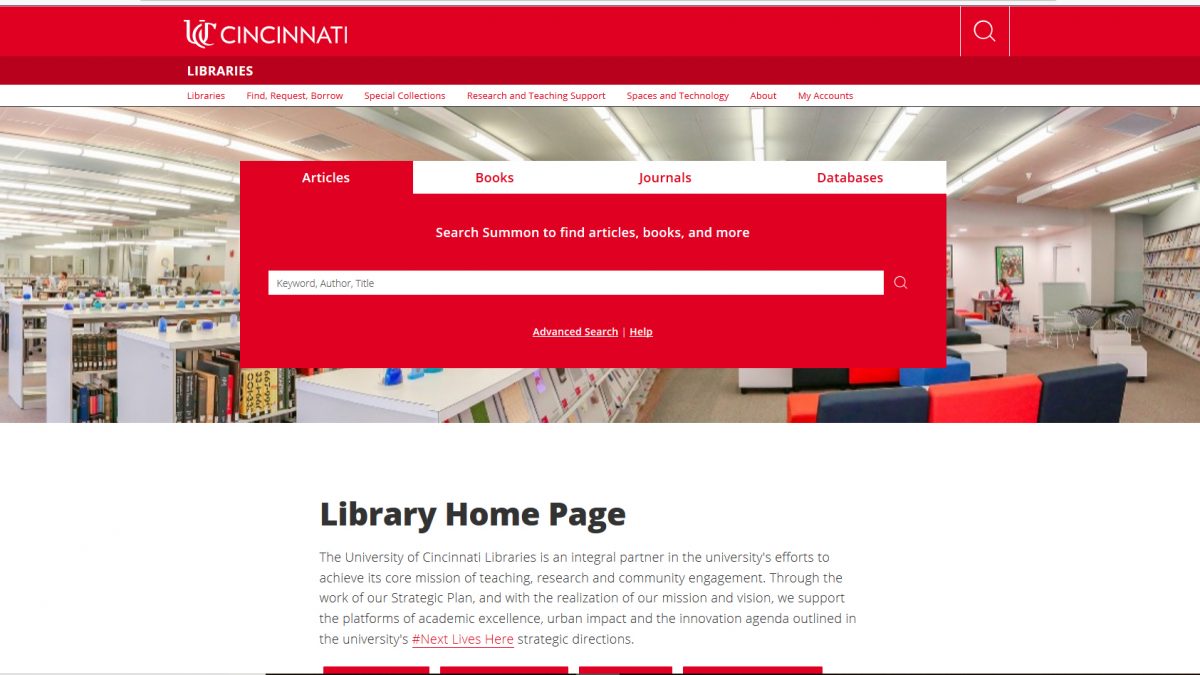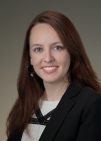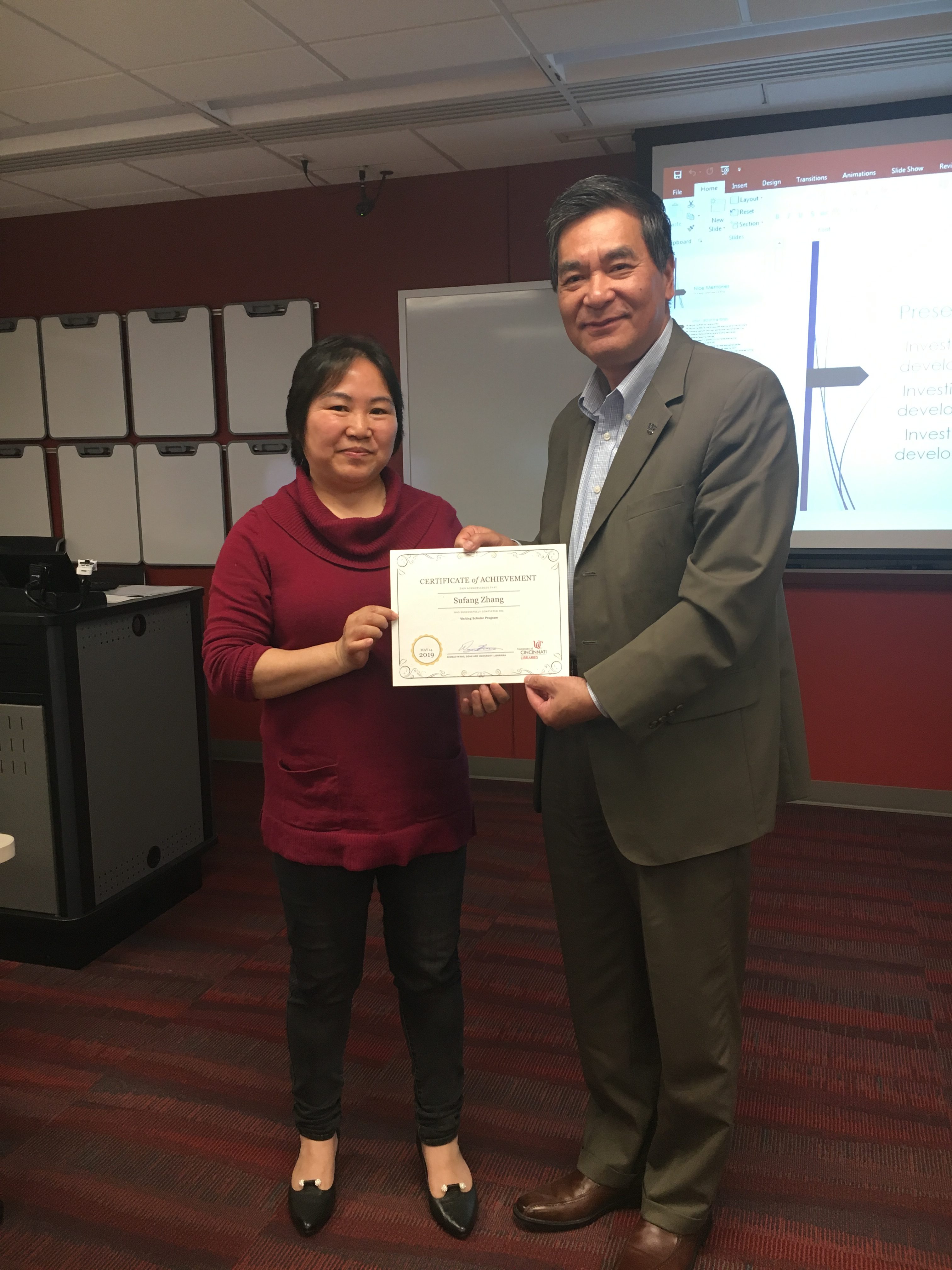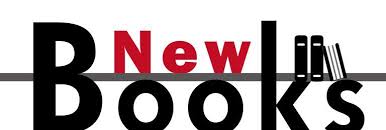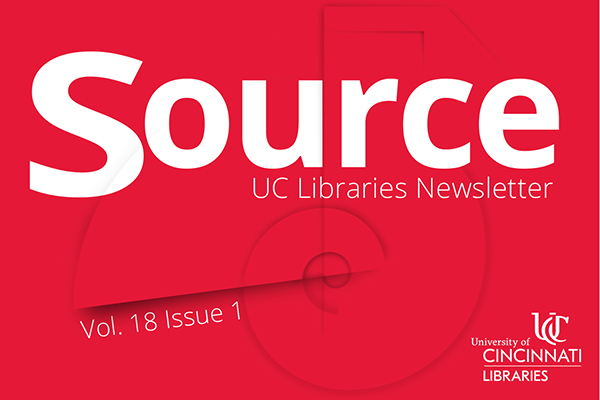 Read Source, the online newsletter, to learn more about the news, events, people and happenings in UC Libraries.
Read Source, the online newsletter, to learn more about the news, events, people and happenings in UC Libraries.
In this issue of Source, Dean Xuemao Wang writes about his new role as vice provost for digital scholarship, which ties in with the article Introducing the Research @ Data Services Team.
The Libraries special collections are featured prominently in this issue with news of an exciting, surprise gift to the Neil Armstrong Commemorative Archives, promotion of a lecture series celebrating the digitization of the Albert B. Sabin Research Notebooks, and an announcement of a new UC exhibit featuring the Special Collections of four UC Libraries.
This fall brings new faces and new publications from the University of Cincinnati Press, along with the conclusion of the university’s Bicentennial celebration, which university archivist and head of the Archives and Rare Books Library Kevin Grace uses as the occasion to recount a gift from William A. Procter that was instrumental to the libraries.
Lastly, we announce that the Cecil Striker Society Annual Lecture is now our first fully endowed annual lecture.
Read these articles, as well as past issues, on the web at http://libapps.libraries.uc.edu/source/ and via e-mail. To receive Source via e-mail, contact melissa.norris@uc.edu to be added to the mailing list.

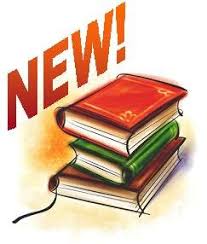
 UC Libraries will be closed Monday, September 2 for Labor Day, except for the
UC Libraries will be closed Monday, September 2 for Labor Day, except for the 